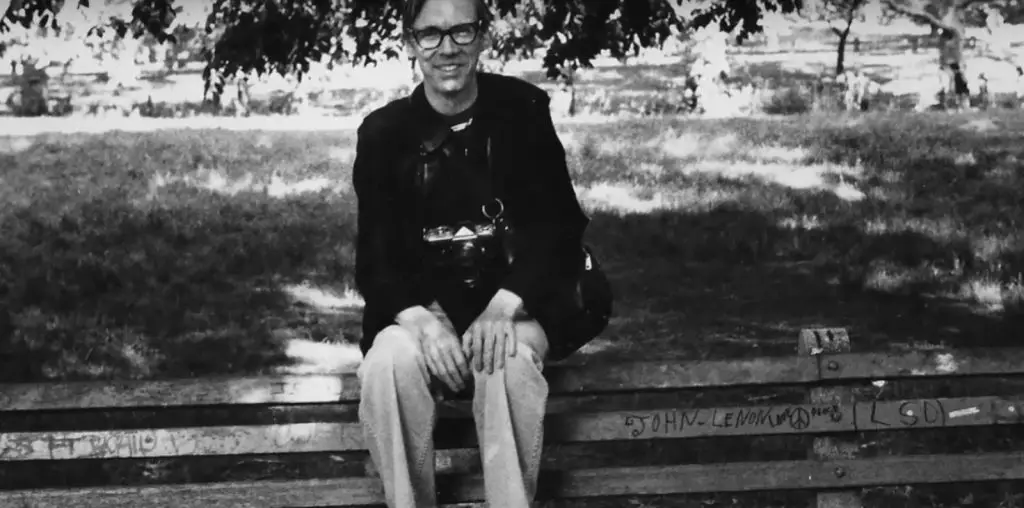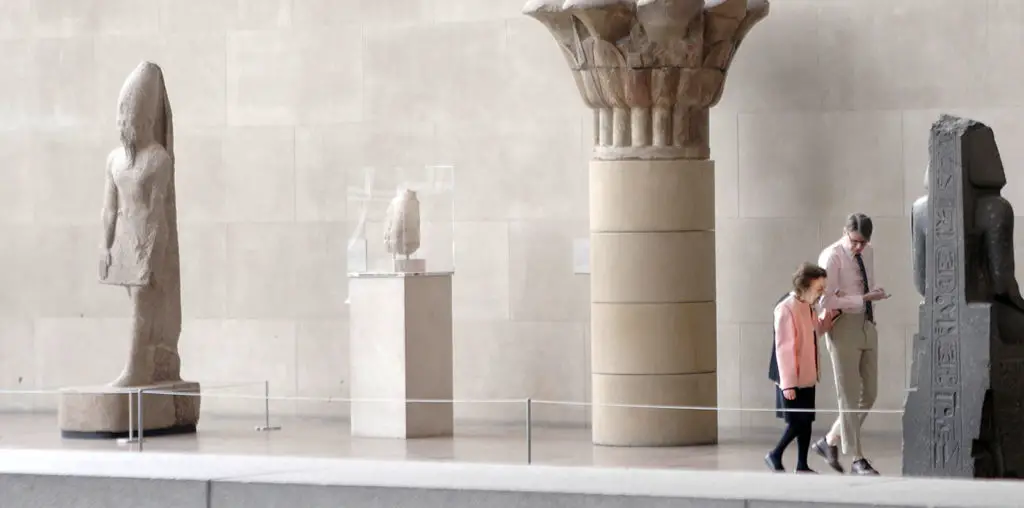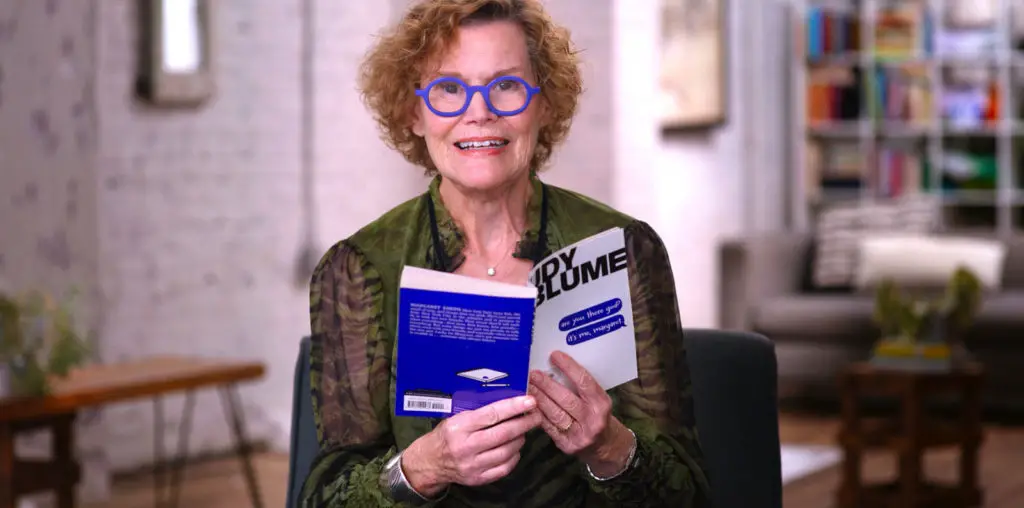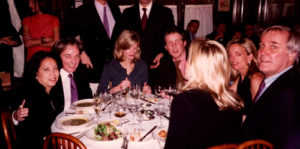
The “last” in writer-director Matthew Miele’s Last Night In New York does not mean final or end. No, the documentary is using the word to represent “previous.” Understanding that the subject is referring to the adventures he just got into is tantamount to understanding how he puts people at ease, and they open up so readily to him.
Said subject of Last Night In New York is screenwriter/author/N.Y.C. social diarist David Patrick Columbia. Miele and his crew follow Columbia around Los Angeles and the Big Apple to reignite his memories of the past and hear the man’s stories of each historic place visited. All the while, the filmmaker interviews friends and colleagues to broaden the perspective and what kind of sway and pull Columbia has attained.
The film has some minor structural problems that are odd but not a dealbreaker. A quote from Vance Packard’s The Status Seekers appears, and then Columbia mentions the book and its author. Since the narrative is built around Columbia’s life and memories, it is peculiar that the quote shows before its context. Also odd is how long it takes to fully understand what the subject does. The opening is Columbia heading to a special gala-type event where he’s being honored. He makes some funny remarks, but it is not until 10 or 15 minutes later that what he’s known for in N.Y.C. circles comes into full view. It’s slightly confusing if one does not already know who he is.
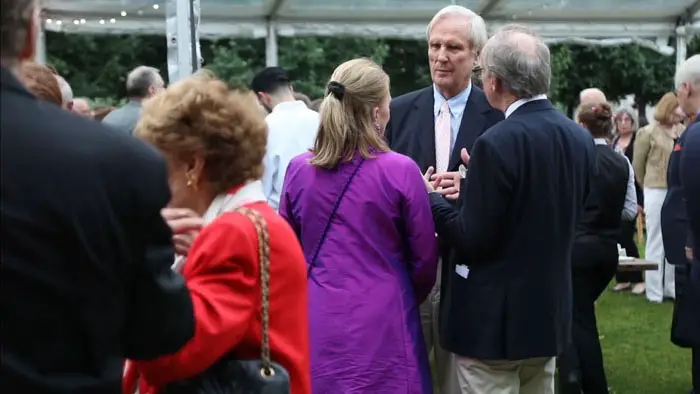
“…follow Columbia around Los Angeles and the Big Apple to reignite his memories of the past and hear the man’s stories…”
With that out of the way, Last Night In New York is a rather engaging and sweet look at a man who’s lived more than most. Sisters Charlotte and Anne Ford talk about how Columbia could get anyone to talk, though he rarely talked about himself… unless someone asks. Even then, the man is more likely to have them tell a story and remember it, then try to put himself at the head of the table, so to speak. This sincere appreciation of people is never in question as the man talks about those he’s worked with, including Debbie Reynolds, with respect and fondness.
For whatever minor technical problems exist, Miele brilliantly grounds the story and ensures that viewers understand David Patrick Columbia’s perspective on work and life. See, he never hated the “elite” nor needed to be the center of attention. By contrast, the likes of Truman Capote, among others, seemed envious and angry that they weren’t in that world. This is what makes Columbia a rare social diarist, as he makes his readers feel like they are there, not that he’s better than them for being there.
Also, the director intercuts Columbia’s life throughout Last Night In New York to great effect. Just when it seems more context is needed to understand certain current events depicted, the film jumps back in time to explain how the subject made up stories of a happy family in a doll house or some such. The most heartrending moment comes when Columbia describes how his dad defined homosexuality to him with no judgment or fear, or frustration. For all his father’s flaws, and plenty are mentioned, he was ahead of the curve in a few significant ways.
Last Night In New York is an important historical document so that the world will never forget the legacy of David Patrick Columbia. It is also a great way of learning about the subject if one has never heard of him before. While small problems prevent it from being perfect, it is quite engaging, wholesome, and sweet.
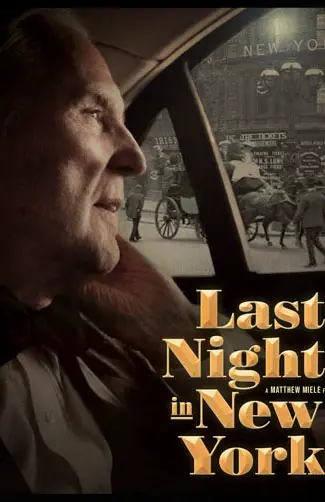
"…engaging, wholesome, and sweet."
